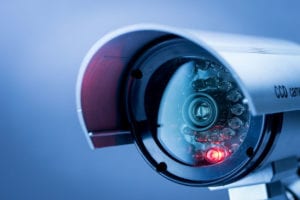Taking care of paranoid schizophrenics presents unique challenges for medical personnel and families alike. This can be especially challenging when they ends up in the ICU. Recently the American psychiatric association in conjunction with the American association of critical care nurses came out with the following guidelines for the care of critically ill paranoid schizophrenics.

2. The soothing voice of a loved one who has passed on can be extremely calming. We must work with families to try to obtain audio recordings of these deceased individuals. Once we do, we can place hidden speakers around the room and play these voices at various intervals throughout the day. This way the patients will know their dead relatives are rooting for them. It’s so important to include the deceased in these efforts. 3. The monitor alarms must be turned up to maximum. This way, if the systolic blood pressure falls below 90 or the heart rate falls below 60 just as the patient falls asleep, they will be alerted immediately and wake up so they can be aware of the emergency. It can be so empowering to them to know their vital signs at all times.
4. Messages of love and hope must be embedded in their ekg, tracings, Aline waveforms and IV pumps alarms. Everyone needs a little hope.
5. Signs need to be placed around the room that say “we are watching you”. This can be helpful in making the patients feel less lonely and to know they are cared for.
6. We do need to let them know which nurses and doctors are trying to kill them, and which medications are simply for mind control, just so they are aware and can take proactive measures and make informed decisions.
7. We must room them as close as possible to the fire alarm and conduct drills at least twice a day. That way, they know what the alarm sounds like, and they be confident that when there is a fire or bomb they will definitely hear the alarm.
8. We must schedule blood draws every 4 hours. They will feel so much better knowing their electrolytes haven’t changed. And they can rest easy knowing that some of that blood will be sent off to government laboratories to conduct cloning experiments.
As I️ said earlier, caring for paranoid schizophrenics in the ICU presents unique challenges. These guidelines have been put forth to simplify the process and improve patient outcomes.